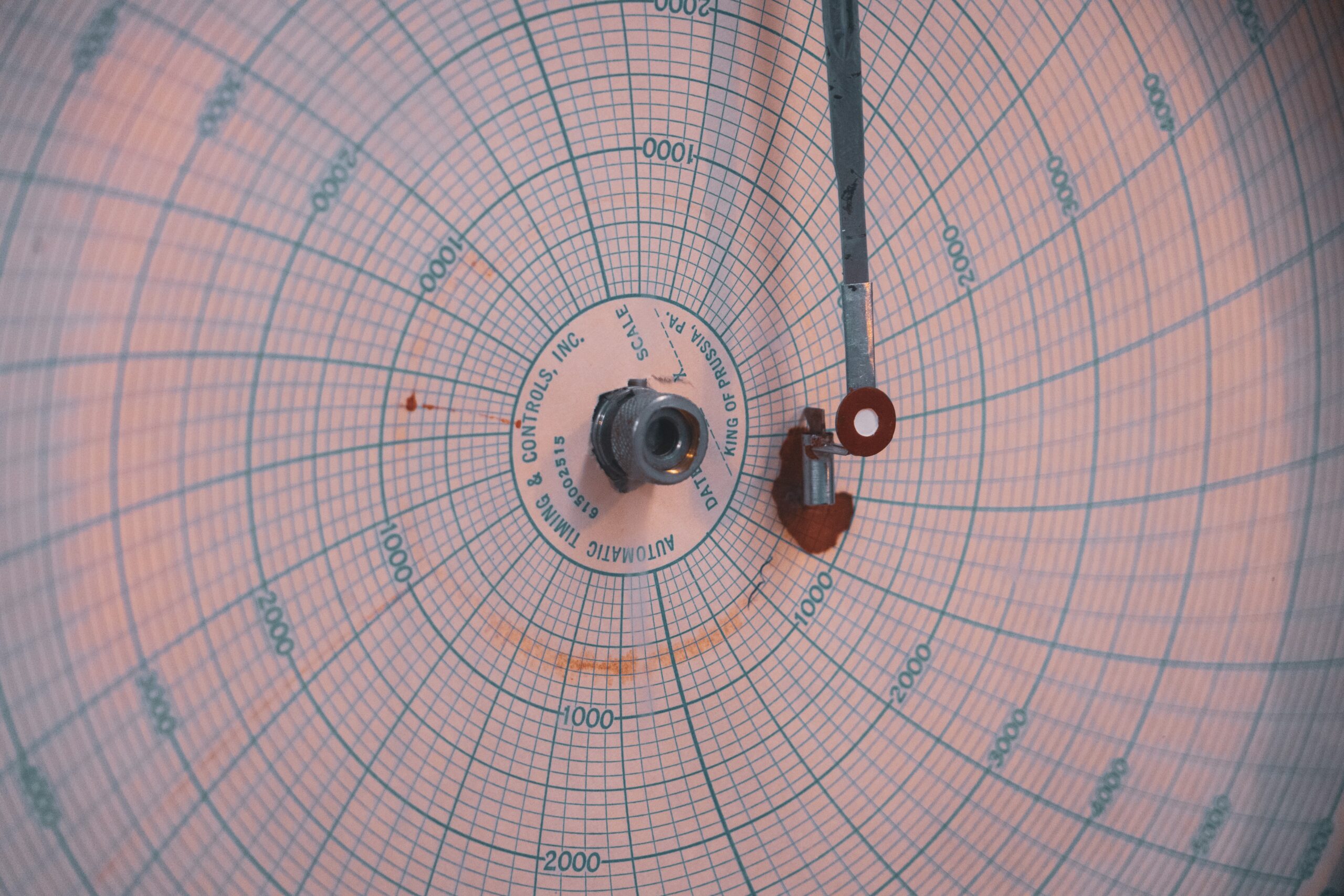Don't waste your time. I have already found the best essay company and agreed on a 15% discount on the first order. Enjoy!
Go to siteTop 4 Key Stages to Solve Physics Homework
To understand physics and crack it, you have to do as many exercises as possible. Your Physics instructor emphasizes the basic rules and concepts. You, as a student, should be able to use these concepts to understand and solve scientific problems. Review what you are about to learn during the semester. It will help you increase your productivity.
By paying attention to the following, you will get a background in physics at the beginning of your study. So, it will prepare you to manage your homework and complete assignments better.
- Pay attention to the topics you have to study and read the explanations provided. Look for the basics and make notes. Try to identify the pattern that governs the book. Plus, make the connection between this lesson and what you have learned before.
- Observe your coursebook. In this regard, read the table of content and introduction. Check the headlines to see what you will have to live through during the semester.
- While exploring the book in this way, identify the key points and fundamental topics. Take a look at the issues considered and see how the basics applied to these issues.
Always get prepared for a class. Because only then can you get the best of it and use the potential for classroom learning. In this regard, you need to learn how to study and what to do before, during, and after a class. This article is designed to guide you through the crucial stages of mastering your Physics homework. By using the following tips, you will be able to discover the stress-free way to excellent grades.
The Key Tips for Solving Physics Homework

As we all know, physics is one of the most complex disciplines in college. It helps to understand better the world and the way it functions. Yet, to solve the physics questions, you need to find clear patterns. For sure, some easy ways are popular among students. Simple methods such as using physics textbooks with answers or physics homework helpers can definitely save your time. But will you gain expertise with this approach? Unfortunately, it does not work this way, and methods like these never prove effective from a long-term perspective. Yet, there are some better ways to manage your physics workload, upholding solid performance even if you couldn’t crack the subject from the very start. So, let’s break down the nuances with the following steps.
- Study General Physics Questions Before Class
Check out the chapter title to find out what topics you are going to learn. Briefly read the sections of your book that relate to those topics. This initial review will help you follow the class better. You can connect the topics to your previous knowledge. It can happen as soon as you become familiar with the scientific terms. Read the introduction and summary of that chapter. Also, pay attention to their titles and subcategories. Try to ask questions in your mind about the topics to cover. Write down new words, units of measure, formulas, and more. That will help you to master the lesson and thus better understand it.
- Learn Physics During The Class – Can Be Online
Go to class on time and stay in class until the end. Teachers usually make essential points in the first and last minutes of class. Most students do not listen to the instructions during this period for a variety of reasons.
- Take Notes
Make a list of your summaries, so you don’t have to worry about future classes. When drawing a diagram, remember that its fullness is more important than its beauty. You should not just copy what you see; try to write down things that the instructor does not write but talks about. Do not worry about asking questions. Many professors encourage students to ask questions to move the class forward and deliver the material better.
- Go On Revising After The Class Is Over
Make a review of your notes as soon as possible. There’s no need to rewrite or learn them by heart. While doing so, various questions may come to your mind. Write them down and try to answer using your coursebook or instructor’s assistance. Right questions lead you to the correct answers. Often a whole chapter focuses on explaining a basic subject. So, your main goal is to break down the nuances straight away.
- Physics Assignments – How To Complete Them?
Like many other students, you may not have many problem-solving skills. This section aims at helping you cover this area and develop this set of skills. To be able to solve any problem, you must first answer the following questions:
What is the problem?
What information should I use? What patterns will help me?
What information do I have about the issue?
How can I use this information to solve the problem?
Does my solution make sense?
- Be Professional
The beginner pays attention to the superficial points of the problem, but you should focus on the depth of it. Besides, draw diagrams in your mind or on paper before writing formulas and putting numbers to avoid mistakes and minor errors that can ruin your homework.
Conclusion
Solving physics problems is often stressful. You need to be able to analyze issues, dealing with them professionally to find a proper solution. Via the stages mentioned above, every student will be able to find physics solutions themselves. Each student can be like a physics answer key. So, if you can not understand what your task is about and how to crack it, there are two possible mistakes. First, you omit one of the steps necessary to logically advance the solution. You lack the details to complete the task successfully. Anyway, Physics is fairly considered a hard nut to crack, so don’t hesitate to turn to professionals when necessary.
